The common rule of thumb from leading health experts is to get a full seven-to-nine hours of sleep every night, or else we risk accumulating sleep debt, failure, burnout, weight gain, and innumerable other health problems. While we’re not here to denounce the rule entirely, it might be less of a rule and more of a general guideline. Some of history’s best and brightest thrived on less. And, well, one chose a slightly different path.
Nikola Tesla
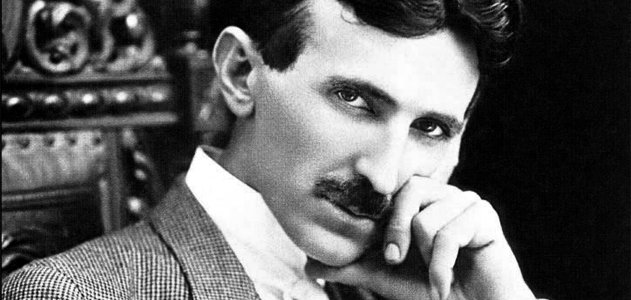
Famous inventor Nikola Tesla survived on a famous 1.5-2 hours of sleep per night, from about midnight to 2AM. His sleeping patterns did eventually leave to a mental and emotional breakdown when he reached 25, but apparently he was fine, considering he continued to create genius inventions well into his late thirties.
Leonardo da Vinci
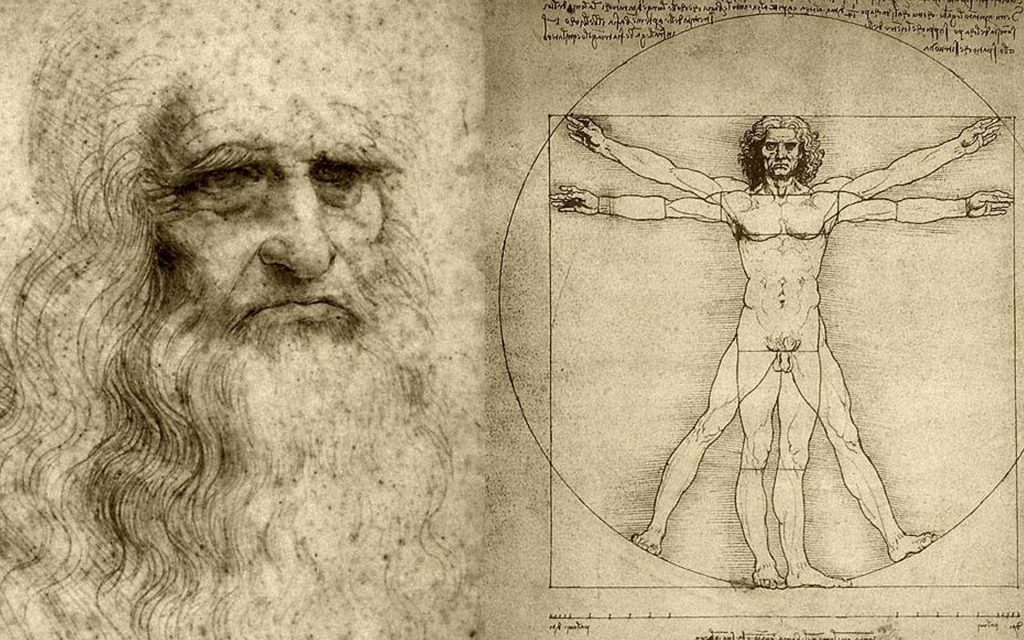
Italian Renaissance artist and inventor Leonardo Da Vinci followed a sleeping pattern that is starting to gain a little traction these days called “the Uberman sleep cycle”. He followed a rigorous nap schedule consisting of 20-minute cat naps every four hours…and he got plenty of things done if his journals and wealth of artwork are any indication.
Voltaire
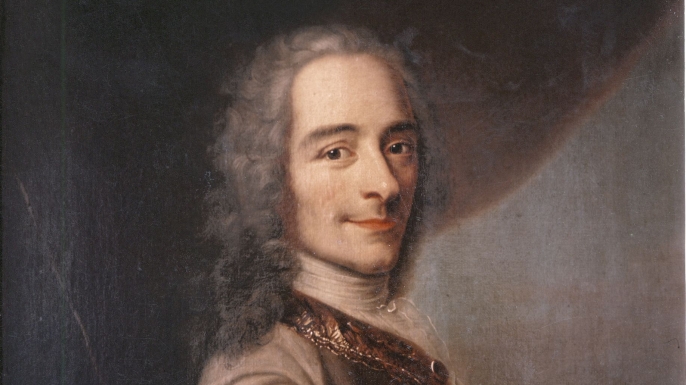
Voltaire was obsessed with coffee. If Starbucks had existed when Voltaire was alive, he would have had a gold card. He drank up to 40 cups of coffee per day and then descended into a philosophizing, writing frenzy. He regularly slept about four hours a night. Whether that was from his caffeine addiction, or if his caffeine addiction started because of his sleep habits, we’ll never know.
Thomas Edison
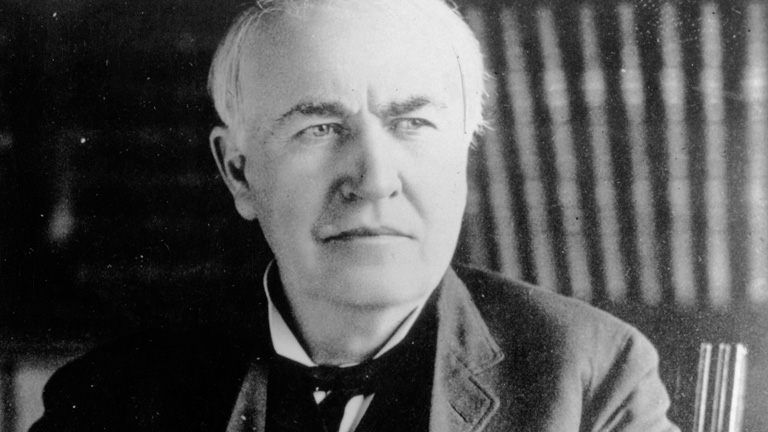
Edison was one of those crazy people who thought sleeping was a complete waste of his time (maybe he was trying to get an edge on Tesla). Like Leonardo Da Vinci, he used his own polyphasic sleep cycle, napping for about thirty minutes six times a day to free up his wakeful time for work.
…And Then There’s Churchill
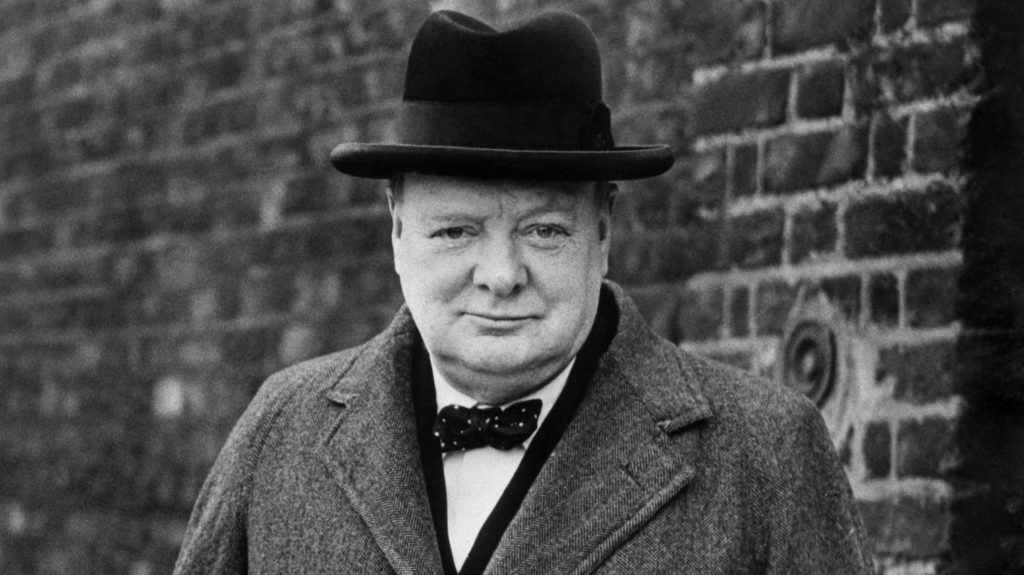
“Nature has not intended mankind to work from eight in the morning until midnight without that refreshment of blessed oblivion which, even if it only lasts twenty minutes, is sufficient to renew all the vital forces.” – Winston Churchill.
Winston Churchill, famed prime minister of England during WWII and member of “The Big Three”, comprised of himself, Stalin, and Franklin D. Roosevelt. He regarded his afternoon nap as a non-negotiable part of his routine. He would start his day no earlier than 8AM, and would lounge in bed for several hours while he answered letters and ate breakfast. He would would take a bath, a long lunch, a deep drink, and then it was nap time. He would famously nap until 6:30 PM, take another bath, have dinner, and by 11pm at night he would resume running Britain until late into the night.
I suppose it just goes to show that nobody should ever have the right to judge a person’s sleep schedule. Historical greats have proved that how little (or how much!) sleep you get and when you get it are entirely dependent on what works best for the individual.